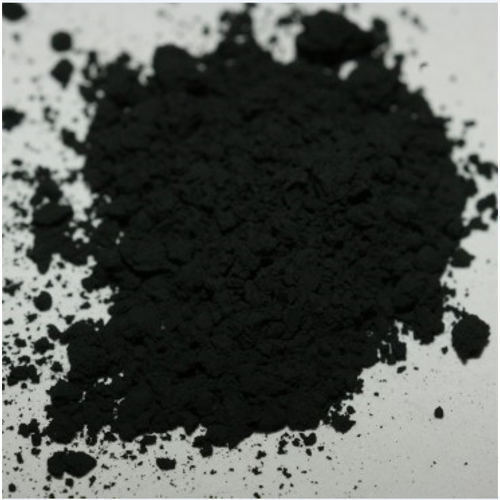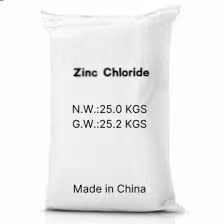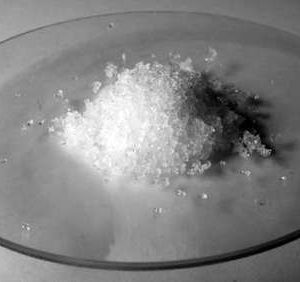Copper Oxide: Properties, Applications, and Benefits
Copper Oxide plays a crucial role in various industries due to its unique chemical properties. This inorganic compound, available in two common forms—CuO (Cupric Oxide) and Cu2O (Cuprous Oxide)—exhibits excellent conductivity, antimicrobial properties, and catalytic activity. These characteristics make it valuable in electronics, agriculture, and chemical manufacturing.
Properties of Copper Oxide
- Chemical Formula: CuO (Cupric Oxide), Cu2O (Cuprous Oxide)
- Appearance: Black (CuO) or red (Cu2O) powder
- Solubility: Insoluble in water but dissolves in acids
- Conductivity: Exhibits semiconductor properties
- Reactivity: Reacts with acids and reducing agents
Applications of Copper Oxide
Electronics and Semiconductor Industry
Manufacturers use it in the production of semiconductors, superconductors, and solar cells. Its electrical conductivity and stability make it a critical material in modern electronic devices.
Agriculture and Pesticides
In agriculture, This Oxide acts as a fungicide and pesticide, helping protect crops from fungal infections and bacterial growth. It is also an essential nutrient in animal feed formulations.
Chemical and Catalysis Industry
Due to its catalytic properties, Copper Oxide is widely used in chemical reactions, including hydrogen production and oxidation processes. It also serves as a precursor for other copper-based chemicals.
Glass and Ceramics
Copper Oxide enhances the color of glass and ceramic glazes, producing vibrant hues in decorative and industrial applications.
Health and Safety Considerations
While it is beneficial in many applications, excessive exposure may cause respiratory and skin irritation. Proper handling and protective measures ensure safe usage in industrial processes.
Conclusion
This Chemical remains a vital compound across multiple industries, offering benefits in electronics, agriculture, and chemical manufacturing. Its diverse applications and chemical properties make it an essential material for various technological advancements.




